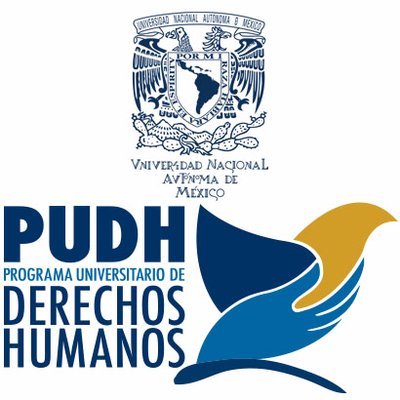
Legal Clinic at the National University Human Rights Program
Mexico City, Mexico
Joined March 2017
Joined March 2017
We run a multidisciplinary clinic for Mexican students to empower people, especially with intellectual or psycho-social disabilities, through awareness, legal representation, and public communication
Presence in:
Mexico
Focus: Education, Gender-based violence, Other, Right to Information
The Legal Clinic at the National University Human Rights Program was created in 2013 to generate a positive impact on society through the legal defense defense of human rights, and the experiential education of university students to carry out this goal.
- General clinic objectives: (i) Implement adequate legal strategies to represent cases involving human rights of persons with disabilities, migration and gender violence; (ii) provide law, psychology, journalism and social work students with the tools they need to be responsible for the professional attention of cases; and (iii) influence public policy in Mexico to enhance social justice;
- Disability rights: For decades, families in Mexico where a person with intellectual or psychosocial disabilities is born, have almost no support from governmental authorities to raise their children. Some are abandoned in public or private institutions. Some are kept within the family circle with no tools to develop an independent life. Families are broken as a result of the pressure and their limited options. All these situations become more severe when families find themselves in the need to stripe their family members off their legal capacity, under the misconception of protecting them from the outside world. After some time, family members realize guardianship procedures are burdensome, require lifelong management and present no solution for them or the persons subject to guardianship procedures.
- In this context, we seek to promote the full implementation of article 12 of the Convention for the Rights of Persons with Disabilities in domestic tribunals by exploring alternatives to schemes that disregard the right to equal recognition before the law. To do this, we must empower the community we represent and we must create opportunities for them to express their will and preferences and access the support of their own choosing.
